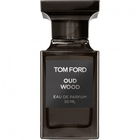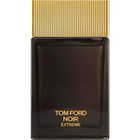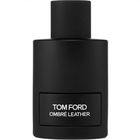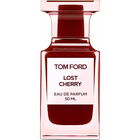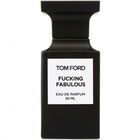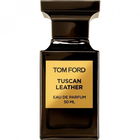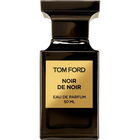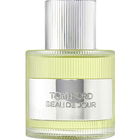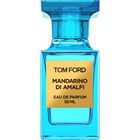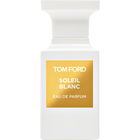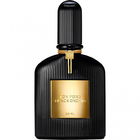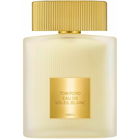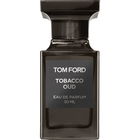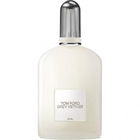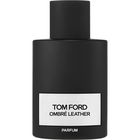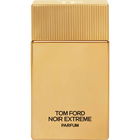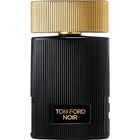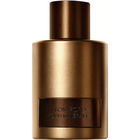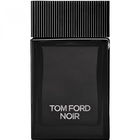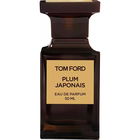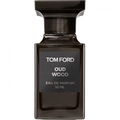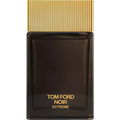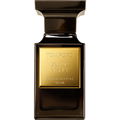
loewenherz
917 Reviews
Translated · Show original

loewenherz
Top Review
20
Ombra mai fĂą
This is the name of the probably most famous aria of the Baroque, from the opera Xerxes by Georg Friedrich Handel. 'Ombra mai fĂą...' translates to German roughly as: 'Never was the shadow...', and it continues: '...of a plant more lovely and pleasant, sweet.' ('...di vegetabile cara ed amabile soave piĂą.') The object of the aria is the plane tree, which was considered sacred to the people in Xerxes' homeland of Persia - its shadow is so lovely, sweet, and pleasant.
Ombra mai fĂą is playful and melting - and yet from a contemporary perspective (even for advanced opera aficionados) not easy to listen to. For it is sung by a male soprano - in Handel's time actually by castrati, today by countertenors - and anyone who has attended a song recital with male singers performing the upper voice knows how unusual that can be, despite all technical mastery.
That 'never a shadow more lovely and pleasant, sweet' would have existed than that of these red woods (of which surprisingly few are listed in its ingredients) would be an exaggeration. Nevertheless, Tom Ford's Bois Rouge - perhaps the least known among the now so numerous Private Blends - is fundamentally akin to Handel's famous aria: playful and melting yet challenging and foreign even for trained noses.
Bois Rouge is strangely not a wood scent. And yet it is one. It blends a lovely and sweet, very feminine floral note - lily of the valley and jasmine - with a serious, masculine woodiness, bitter and brittle like tanned leather - expansive and voluminous. As if a large, muscular man in Persian battle armor were passionately singing with a playful soprano about the grace and beauty of the shadow of the plane tree.
Conclusion: in my comment on Purple Patchouli, I referred to it as the Blue Mauritius among Tom Ford Private Blends. Here is the Red one.
Ombra mai fĂą is playful and melting - and yet from a contemporary perspective (even for advanced opera aficionados) not easy to listen to. For it is sung by a male soprano - in Handel's time actually by castrati, today by countertenors - and anyone who has attended a song recital with male singers performing the upper voice knows how unusual that can be, despite all technical mastery.
That 'never a shadow more lovely and pleasant, sweet' would have existed than that of these red woods (of which surprisingly few are listed in its ingredients) would be an exaggeration. Nevertheless, Tom Ford's Bois Rouge - perhaps the least known among the now so numerous Private Blends - is fundamentally akin to Handel's famous aria: playful and melting yet challenging and foreign even for trained noses.
Bois Rouge is strangely not a wood scent. And yet it is one. It blends a lovely and sweet, very feminine floral note - lily of the valley and jasmine - with a serious, masculine woodiness, bitter and brittle like tanned leather - expansive and voluminous. As if a large, muscular man in Persian battle armor were passionately singing with a playful soprano about the grace and beauty of the shadow of the plane tree.
Conclusion: in my comment on Purple Patchouli, I referred to it as the Blue Mauritius among Tom Ford Private Blends. Here is the Red one.
1 Comment




 Top Notes
Top Notes  Citrus notes
Citrus notes Spices
Spices Heart Notes
Heart Notes  Cedar
Cedar Jasmine
Jasmine Patchouli
Patchouli Lily of the valley
Lily of the valley Base Notes
Base Notes  Sandalwood
Sandalwood Leather
Leather Amber
Amber Tonka bean
Tonka bean Vanilla
Vanilla Vetiver
Vetiver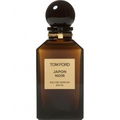
 Jbl775
Jbl775 TomFord12345
TomFord12345 Intrepid
Intrepid Serge
Serge